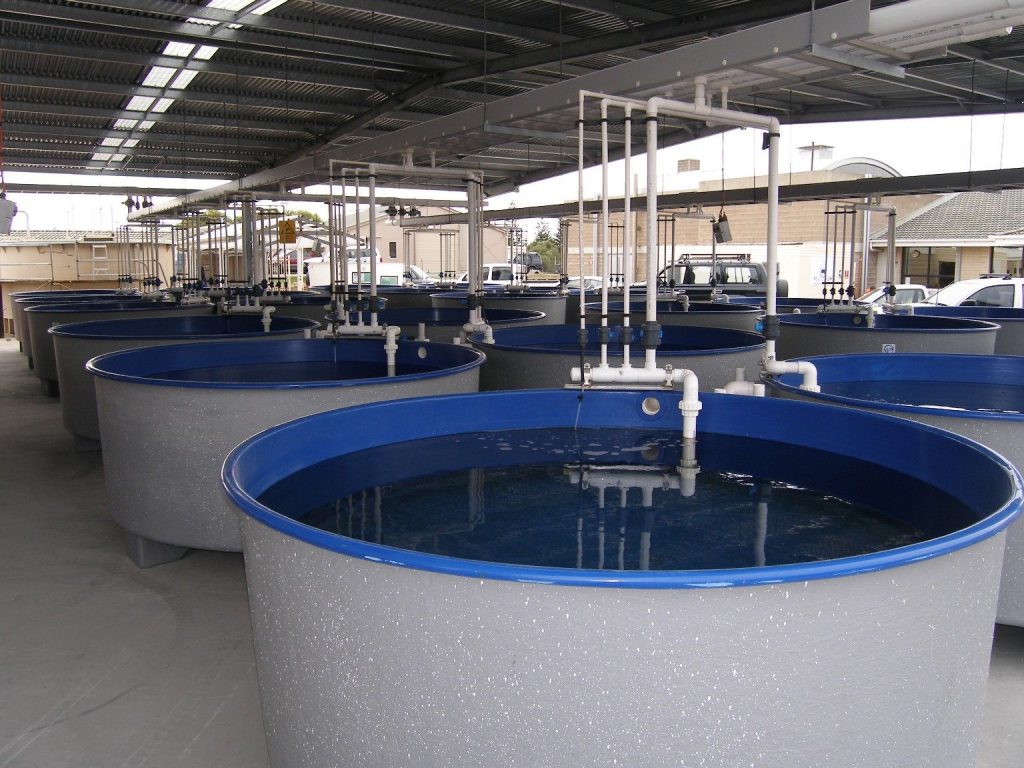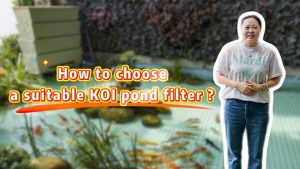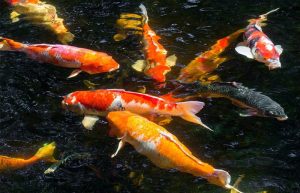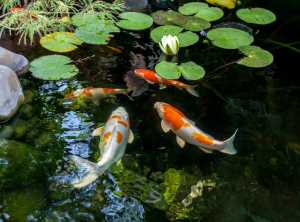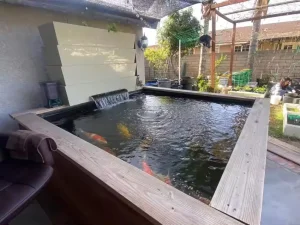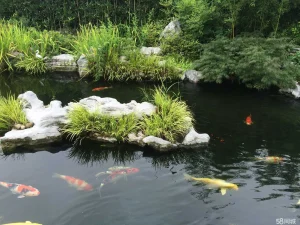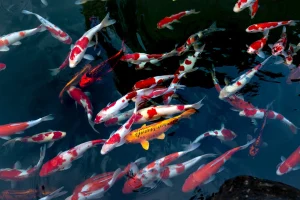The Future and Current Status of Tilapia Farming in Egypt
Egypt, located in the Nile Delta, boasts abundant water resources and favorable climate conditions, making it a prime region for tilapia farming. As global demand for seafood increases, Egypt’s tilapia farming industry has seen significant growth in recent years. Tilapia is not only a staple in the domestic market but also exported worldwide, becoming an important economic driver.
Tilapia farming in Egypt is primarily concentrated in the Nile Delta and along the Red Sea coast. These areas offer ideal water quality and climate conditions for tilapia growth. The number and scale of farms have been steadily increasing, and the introduction of modern technology has significantly boosted both yield and quality. However, with increased farming density, water quality management and disease control have become new challenges.
To address these issues and improve farming efficiency and product quality, modern water treatment technologies, such as ozone automatic pond filters and bio-aeration systems, are being increasingly applied in tilapia farming.
Ozone automatic pond filters are highly efficient water treatment devices that use ozone’s strong oxidizing properties to purify water. Their application in tilapia farming offers several advantages:
- Efficient Disinfection: Ozone rapidly kills bacteria, viruses, and parasites in the water, effectively preventing disease spread and reducing tilapia mortality rates.
- Removal of Harmful Substances: Ozone oxidizes and breaks down harmful substances such as ammonia and nitrites in the water, keeping it clean and promoting healthy tilapia growth.
- Automated Operation: The automatic pond filters utilize intelligent control systems for automated operation, reducing manual intervention and increasing farming efficiency.
- Environmentally Safe: Ozone decomposes into oxygen during the disinfection process, leaving no harmful residues and being safe for fish and the environment.
Application of Bio-Aeration
Bio-aeration involves injecting air or oxygen into the water to enhance the decomposition of organic matter by microorganisms, thus improving water quality. Its application in tilapia farming has several benefits:
- Increased Dissolved Oxygen: Bio-aeration significantly increases the dissolved oxygen content in the water, meeting the oxygen needs of tilapia and promoting their growth and reproduction.
- Enhanced Microbial Activity: Aeration boosts the activity of aerobic microorganisms in the water, accelerating the decomposition of organic matter and reducing water pollution.
- Improved Water Circulation: Aeration aids in the circulation of water, preventing stratification and oxygen depletion, maintaining uniformity and freshness of pond water.
Effective Use of These Technologies
When using ozone automatic pond filters and bio-aeration systems, consider the following points:
- Ozone Concentration Control: Ensure ozone concentration remains within a safe range to avoid harming tilapia. Regularly monitor the ozone levels in the water and adjust the dosage as needed.
- Equipment Maintenance: Regularly inspect and maintain the filters and aeration equipment to ensure proper functioning. Clean filters of debris and residues to prevent clogging and performance degradation.
- Water Quality Monitoring: Frequently monitor water quality parameters such as pH, ammonia, nitrites, and dissolved oxygen levels. Promptly address any water quality issues to maintain a stable environment.
- Emergency Preparedness: Develop emergency plans to prevent fish mortality caused by equipment failure or sudden changes in water quality. Conduct regular drills to ensure farm staff are well-prepared for emergency situations.

